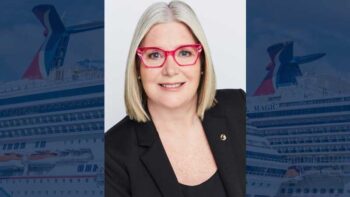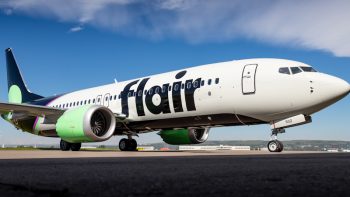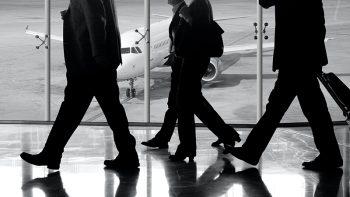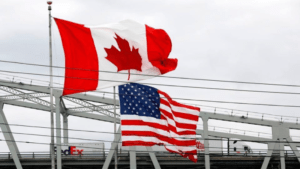
A new study from Travelport says the sheer volume of options being presented to travel consumers is making them feel dizzy with choice, and that the confusion creates a great opportunity for advisors to step in and clear the clutter.
Travelport, a global technology company that powers bookings for hundreds of thousands of travel suppliers worldwide, has released its 2024 State of Modern Retailing Report, which looks at how travellers’ interact with NDC’s. The study finds that searching and booking travel directly from travel providers has become more time-consuming and complicated than ever.
"While travel providers prefer to engage directly with consumers, the sheer volume of options is overwhelming for travellers, making them less confident in their booking decisions," said Jen Catto, Chief Marketing Officer at Travelport. "Our research shows that most travellers are confused after booking and wonder if they got the best deal."
For the industry, this means a growing need and an opportunity for travel advisors, she said.
"Their expertise in comparing holidays helps consumers to book the option that is best for them and based on their personal preferences."
Travelport says air travel options globally have gone from about 500 economy and business options in 2010 to more than 10,000 today, including economy, economy plus, flexi-family, business, first class, and more.
The Travelport study finds that more than one-half of travellers (56%) feel airline offers are harder to understand today than they were in 2010, and that nearly three-quarters (71%) sometimes feel anxious about whether they got the best deal after their trip is booked.
The study says the current state of NDC makes the digital shopping experience even more cumbersome.
“Because NDC is implemented differently by every airline, the reality is the buyer is often forced to deal with NDC, whether they know it or not. To travellers, NDC looks like: different options available on different sites, seemingly arbitrary rules for flight changes, or random system incompatibilities,” the report said. “This does not feel like a modern retailing experience to the consumer.
“The same can be said for the travel agent’s experience, as they often see duplicated content on screen, or have to do extra technical work or open multiple tabs to compare products like-for-like.”
KEY FINDINGS
- Travelport estimates that air travel options have gone from about 500 economy/ business options available in 2010 to over 10,000 options in 2024 (economy, economy plus, flexi- family, business, first, etc.). That's a stunning 1,900% increase.
- The majority of travellers (58%) feel that the volume of choice is overwhelming.
- 56% of travellers say that airline offers are more difficult to understand now than they were 10 years ago.
- 61% of travellers also believe there are more penalties now when changing a flight than there were 10 years ago, with 66% citing that there are too many hidden fees.
- The majority of travellers (71%) sometimes feel anxious about whether they got the best deal after they've booked their trip.
DTC (Direct to Consumer) Feels More Like Difficult to Compare
- Most travellers (80%) agree that comparing fares from different airlines is very time-consuming, with more than two-thirds (69%) feeling that information is often restricted on some airline booking sites.
- When it comes to shopping for all components of their trip, 60% said they spend an average of one to four hours planning, while more than one-third (36%) spend more than five hours searching and comparing options before booking.
- Most respondents (88%) agree they would prefer to see all flight options and fares on one screen, which is likely the reason that more than half (54%) said they frequently use a comparison site to search for information before purchasing their ticket.
- The majority of Millennial (70%) and Gen X (64%) travellers often use online travel agencies (OTAs) to book, citing choice and price transparency as the primary reasons.
- Travellers are looking to artificial intelligence (AI) to provide more than just a chatbot, and agencies will increasingly rely on their technology partners to implement AI and ML (machine learning) in creative ways, such as Travelport's Content Curation Layer.
Amenities That Matter Most
- When booking flights, respondents said that luggage allowance (63%), cancellation and change policies (50%) and seat selection (50%) are the most important factors to compare.
- The hotel features that were cited as most important to travelers were WiFi availability (48%), complimentary breakfast options (47%), and hotel facilities (45%).
The Travelport research sample consisted of 1,659 consumers from Germany, South Africa, the United Kingdom, and the United States that have taken at least one or more flights for business or leisure within the last 12 months.






